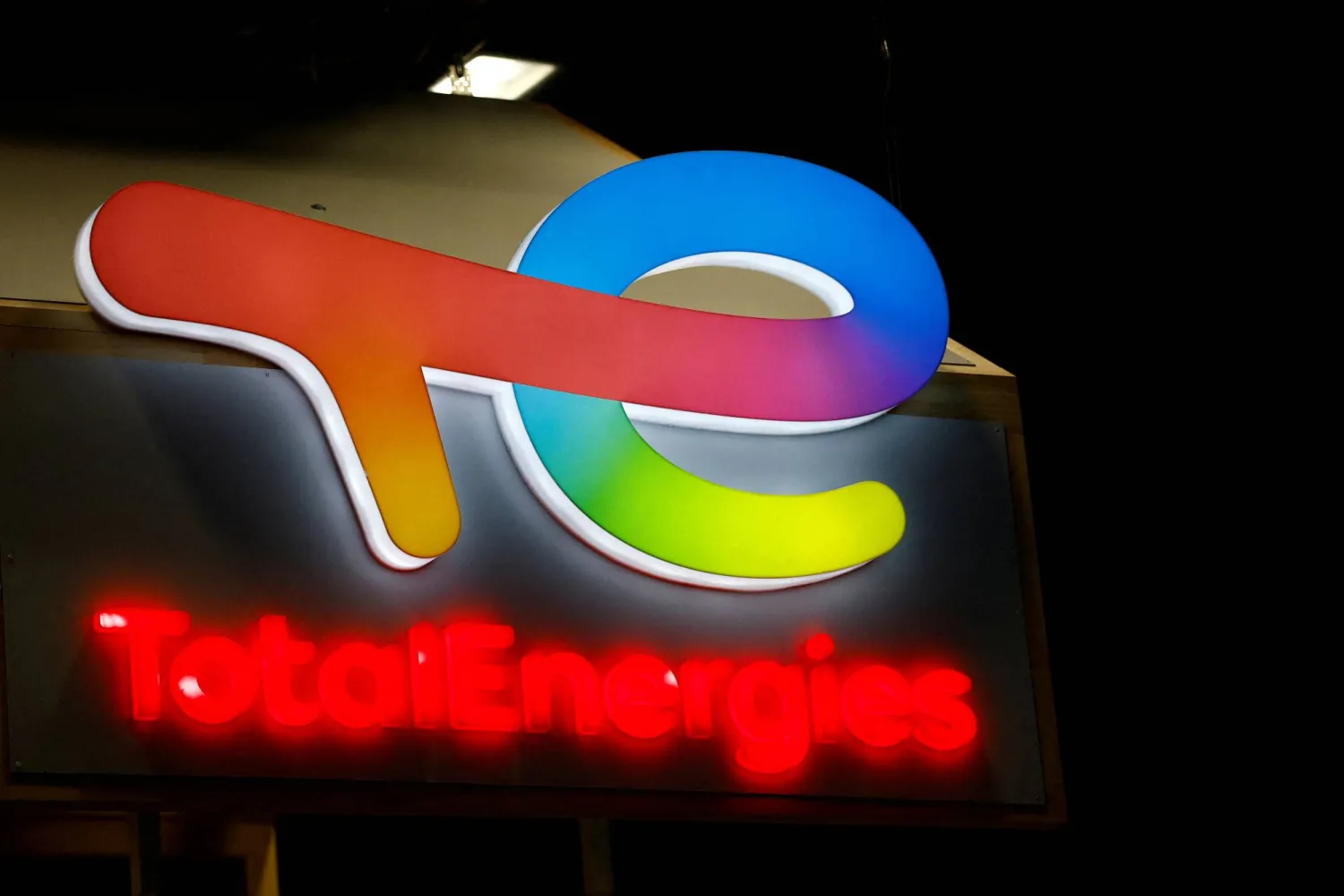Iraq’s deputy prime minister said that Saudi encouragement and investments in Iraq play a great role in the country’s rebuilding process, especially in the fields of energy, electricity, petrochemicals and agriculture.
Ali Allawi, who is also Iraq’s finance minister and acting oil minister, stressed that oil for Iraq is an irreplaceable source of income as it represents 92% of the country’s exports.
Allawi called for the need to move towards a triple electrical grid between Saudi Arabia, Kuwait and Iraq, for what this could contribute to the development process, stating that his country's budget faces current difficulties with a decline in oil prices, which left the government concerned about the salaries of workers and retirees.
Speaking to Asharq Al-Awsat from Riyadh, Allawi said he met with the Saudi Energy Minister Prince Abdul Aziz bin Salman and Minister of Foreign Affairs Prince Faisal bin Farhan. Allawi also met with Saudi Arabia’s ministers of commerce and finance.
During his meetings, Allawi presented the officials with political and economic developments in Iraq, encouraging Saudi investment in his country.
Iraqi Oil
Allwai confirmed that his country is committed to the OPEC+ deal agreed on by a Saudi-Russian initiative.
“We are among the countries most affected by the decision to reduce the rate of oil production,” Allawi said, pointing out that most countries have safety nets in the form of investment funds and financial possibilities away from oil. But Iraq, according to Allawi, is not protected against low oil prices.
If the oil crisis drags on, Iraq will seek to have neighboring countries look differently at the situation in Iraq, as 92% of the country’s resources come from oil.
According to Allawi, areas of flexibility do not exist for Iraq and that the window of options is very limited.
Investment in Iraq
One of the main goals of the new Iraqi government is to restore economic and commercial balance in the country. Allawi pointed out that Saudi economic role in Iraq is somewhat “shy” knowing that the Saudi economy is the size of about half of that of the Arab world’s.
Compared to Turkey and Iran’s $12 billion investment in Iraq, Saudi Arabian investments stand at $1 billion annually.
“We want to change the balance, and we seek to increase the share of Saudi Arabia inside Iraq in various fields, including electricity, oil, petrochemicals and agriculture,” Allawi said.
He pointed out that the flow of Saudi investments in Iraq, despite the obstacles that face Saudi investors, plays a more important and bigger role in the process of rebuilding Iraq.
Allawi acknowledged that major obstacles are inhibiting Iraq’s growth. These hurdles are present in the legal system, administrative arrangements and stifling bureaucracy. The weak banking sector has also led to security problems.









